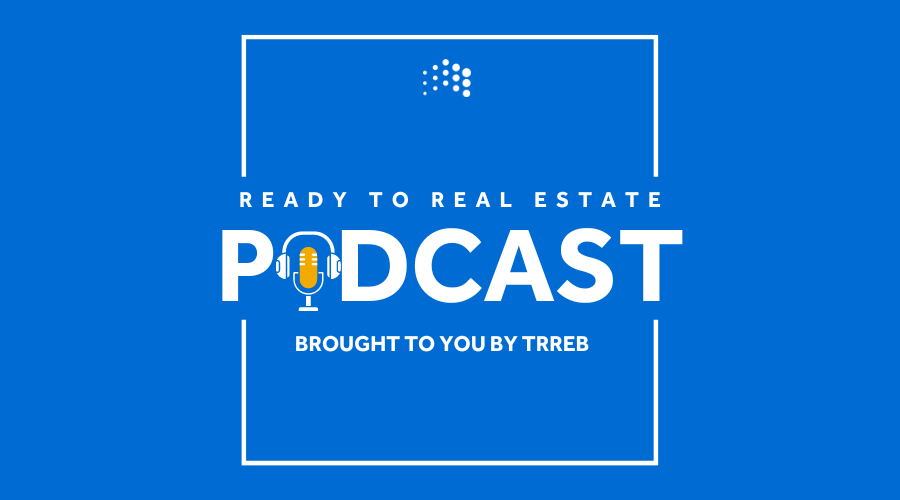Mayor Olivia Chow is officially marking 365 days as the City of Toronto Mayor.
In our latest Ready to Real Estate podcast episode, TRREB’s Chief Market Analyst and podcast host Jason Mercer is joined by Matt Elliott, founder of City Hall Watcher, and Steve Adler, Senior Director of Public Affairs at NATIONAL Public Relations, to break down what you need to know about her biggest wins and pitfalls, and what we can expect in her second year as Mayor.
Chow promises to deliver more affordable housing and strengthen the support system for renters. Through funding her commitments with increased property taxes, Chow passed a budget with a 9.5 per cent residential property tax increase in the City of Toronto.
“Chow came in and did the thing that was not going to be popular,” says Matt.
This is an ambitious move aimed at funding critical city services and infrastructure projects while navigating financial constraints.
Increasing Housing Supply
Chow is also making significant progress on zoning for more housing. At one of the last council meetings, the City passed the motion allowing buildings up to six storeys and townhouses on major streets across Toronto, which was supported by TRREB.
“This is notable for two reasons: one, because it will unlock a fair amount of housing potential, and two, this is something council would have given a rough ride not too long ago,” adds Matt.
However, the public needs to see a focus on building more affordable housing faster. The approval process is still slow. “The scale we require new affordable housing to appear takes too long to make the impact today,” says Steve.
Supporting First-Time Buyers and Renters
There’s always more needed to help first-time homebuyers like reducing land transfer taxes or other rebates and incentives, “but this is something where the federal government needs to step up and help Canadians buy their first home,” Steve adds.
Chow is going all in for renters which is something we haven’t seen from past administrations. Several policies are designed to support renters, including lowering multi-residential property tax increases, and more emphasis placed on the RentSafeTO initiative, which ensures apartment building owners and operators comply with building maintenance standards.
Looking Ahead
The City of Toronto needs swift action from policymakers to cut through the red tape and build more affordable homes faster.
City Council must focus on innovative solutions that provide more affordable housing options, like modular homes and rental properties.
In the episode, we also explore how Toronto is officially moving to an in-house development review process that brings various departments together whose goal is to speed up approvals coupled with the removal of third-party appeals on official zoning and planning.
“We need to find ways to speed up general construction – reduce the time from application to shovel – but also lets us concentrate on affordable housing,” says Steve. “Building affordable doesn’t mean segregating these affordable communities; rather, they should be fully integrated into the fabric of the community.”
Toronto is heading in the right direction to become a more affordable, safe, and welcoming city for all.
To listen to the full episode, visit Ready to Real Estate.


